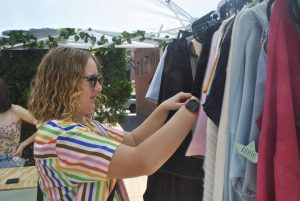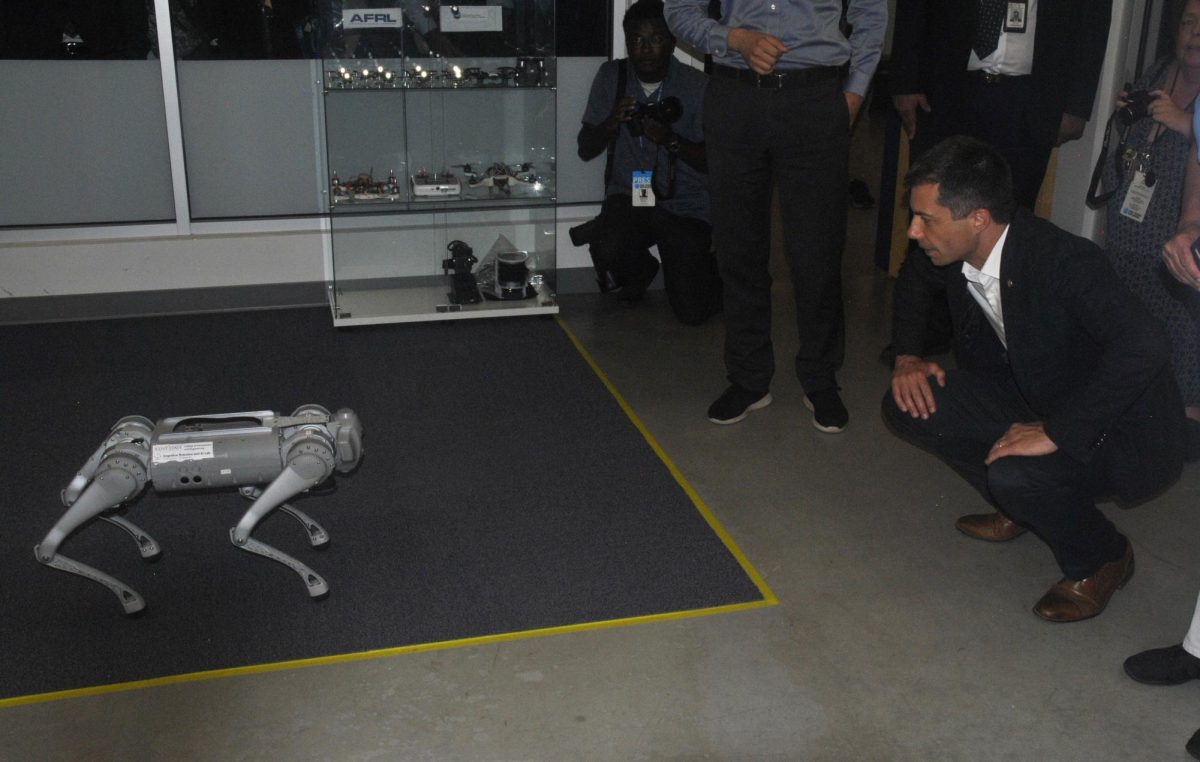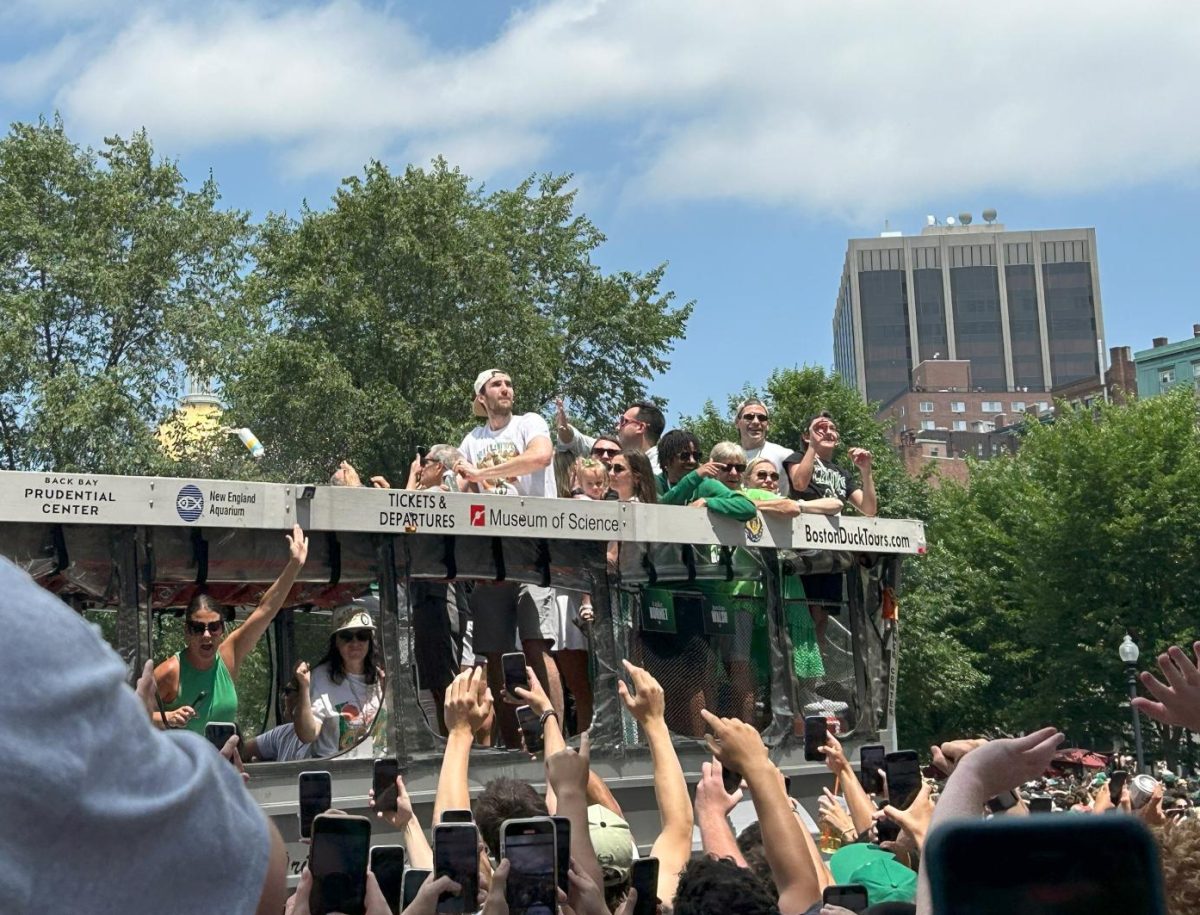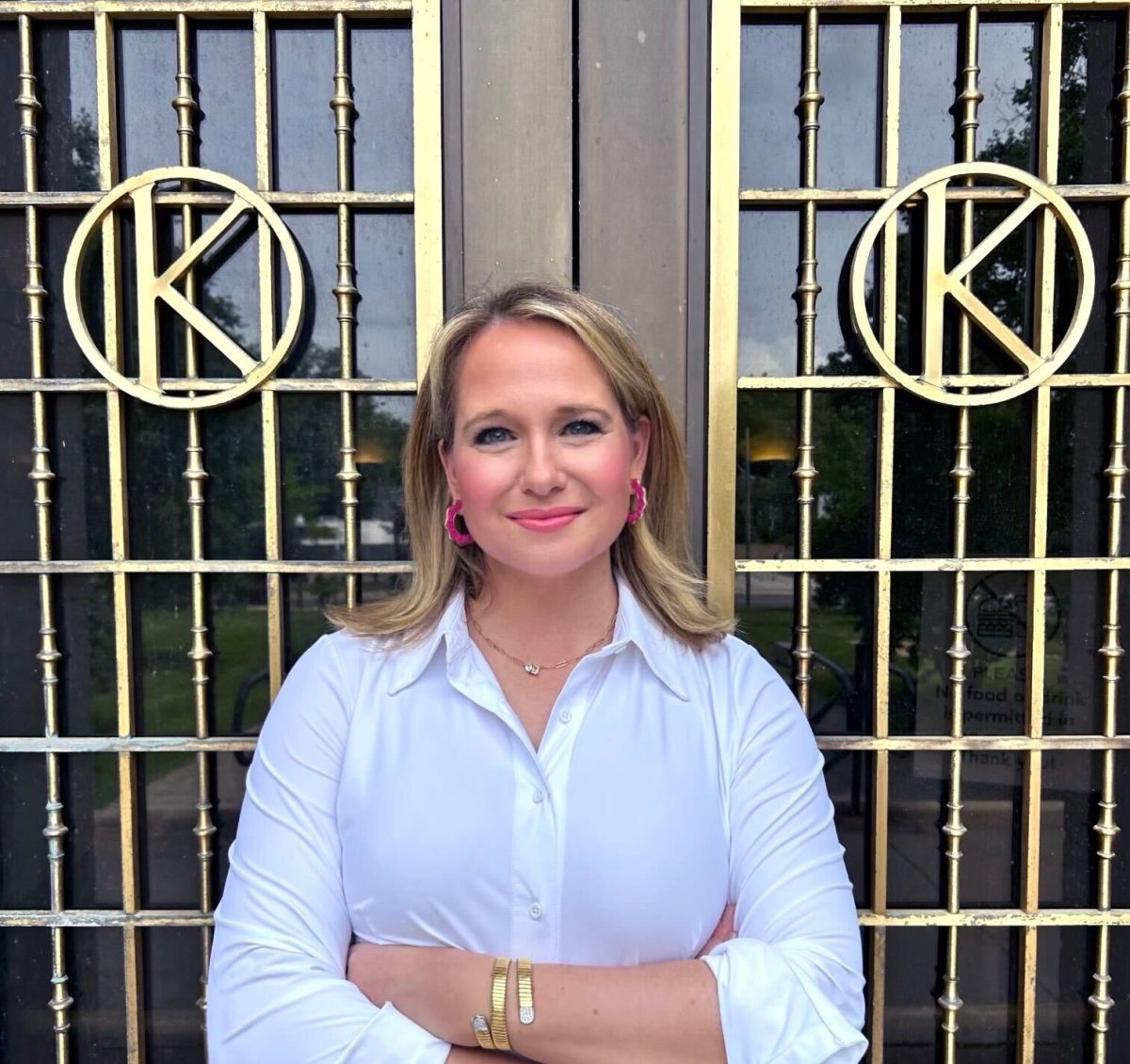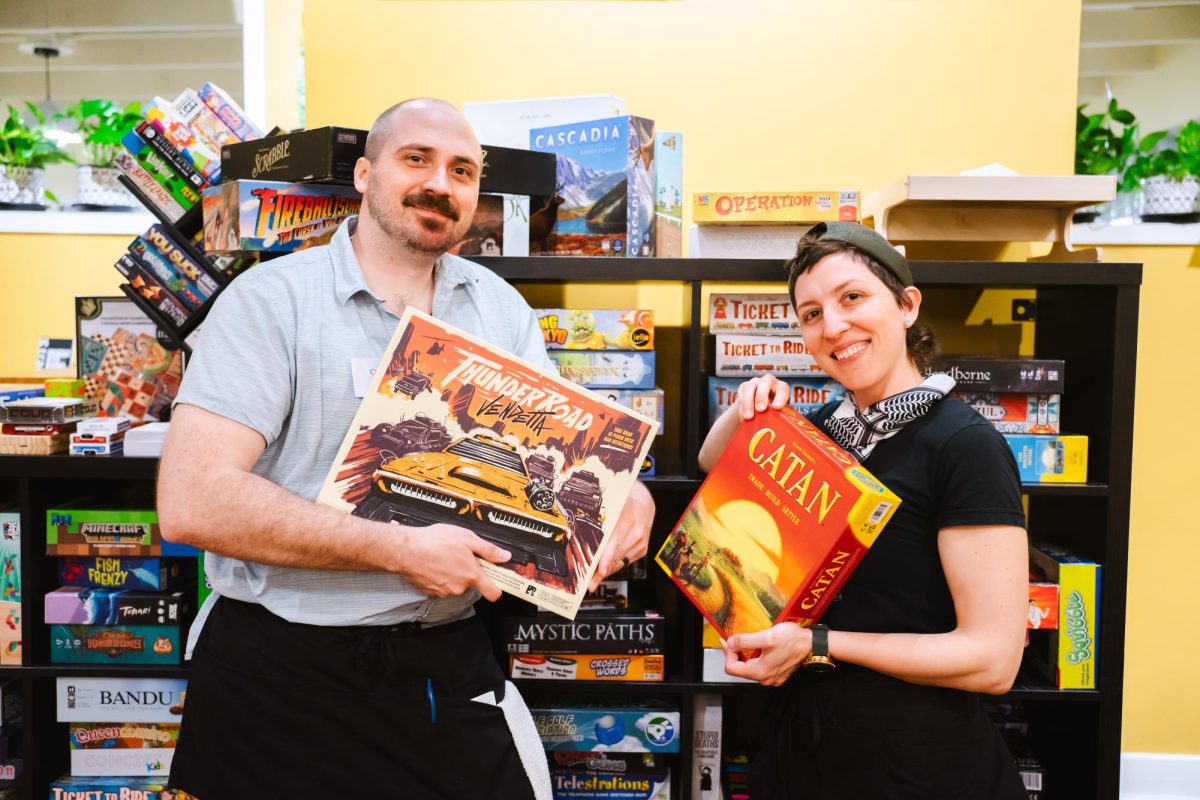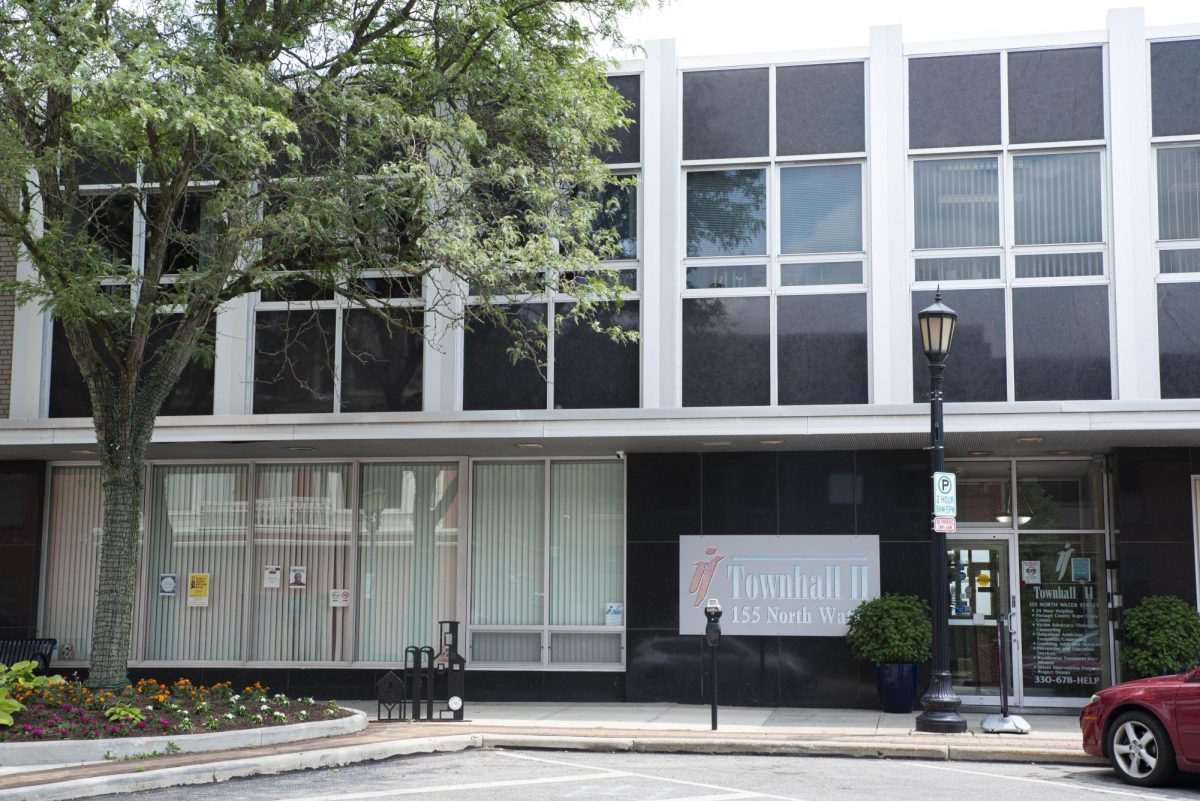The legendary signal of a party, the red solo cup, takes 450 years to decompose — if it’s even able to.
America’s beloved cup is made of six plastics, quantified as no. 6 plastic, each being incredibly difficult to break down. In return, many of our recycling centers can’t break down the red solo cup because of the chemicals they release when heated.
In addition, if this cup is left in yards, fields or streets, the process lengthens. Animals can ingest the materials and particles can enter our water systems, infecting a whole town or city. All from one cup.
Kent State students participated in the annual Fake Patty’s celebration on March 10. From sunrise to sunset, students were out with friends, dressed in green to enjoy the holiday.
The next morning, sidewalks and yards of Kent were covered in trash. Even the luck of the Irish couldn’t combat this litter war alone.
Party-related trash isn’t a foreign concept, and it’s not just a Kent State issue. Many schools have noted their own Friday night fun left for viewing the morning after.
Students across the nation have adopted the mindset of making their trash someone else’s problem.
For the partiers who have good intentions of recycling their solo cups, their efforts go to waste. Unfortunately, the well-known recycling symbol can be misleading. Recycling centers that take no. 6 plastics are very limited due to the hazards it can bring to their employees.
“You may think you’re just kind of throwing something on the ground and it’s no big deal,” Julie Morris, sustainability coordinator for the City of Kent and Kent State University, said. “But when you look at that and aggregate if everybody’s doing that, it really becomes a big problem.”
Morris isn’t the only one concerned about local trash. Senior neuroscience student Seth Young, who currently serves as the chair of the Committee on Sustainability for Undergraduate Student Government (USG), expressed his own worry about the town’s weekend trash.
Young has had personal experience with party-related trash due to being in Greek life. This year, his team partnered with community-engaged learning to host a post-Patty’s Day clean-up event.
On the snowy afternoon that followed the festivities, students gathered to clean the sidewalks of Kent, specifically East College Avenue and South Willow Street. The team had extra time to wrap around and grab trash from University Drive as well, home to many of Kent’s fraternity houses.
More than 40 students attended the clean-up. Young said many of the volunteers were a part of Greek life, student-athletes or members of USG.
Morris said that 25 20-gallon trash bags were filled during the event, equivalent to almost 400 pounds of trash. Due to the mixing of the materials, they were unable to recycle the collected items. The trash was disposed of properly in the city’s dumpsters.
Young said it was a great chance for him to step out of his comfort zone, as he had never really worked with sustainability initiatives. He gave credit to the community around him for helping him become who he is today.
“Providing an opportunity to clean up the community, to be able to give back to our community, it just feels like it’s one small step of giving back to what was given to me,” Young said.
Craig Berger, associate director for Community Engaged Learning, and his team assisted Young during this clean-up event.
Providing warm drinks and food on this snowy morning was just one small way of saying, “thank you” to the student volunteers.
Berger highlighted the efforts of USG and the importance of this clean-up event.
“As members of the Kent State community, Kent is our home and we have a shared responsibility for its civic health, economy and also its beauty and cleanliness,” he said.
The most impactful change to make is to ditch the plastic altogether. Opting for reusable cups or cups made of biodegradable materials.
Aluminum cans are another good option. From manufactured to recycled to remanufactured, the aluminum lifespan is about six weeks. There is also no limit on the number of times aluminum can be recycled, whereas other materials have caps.
Therefore, the parties don’t need to stop, but necessary actions are advised for the preservation of our planet.
“We all share this world … our earth, land, water and air … everything,” Morris said.
Morgan Hoover is a reporter. Contact her at [email protected].










